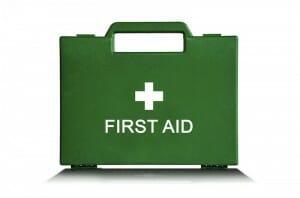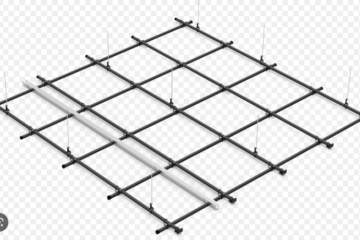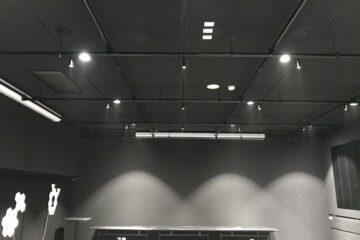Theatre Venue Safety Considerations
Safety is enormously important for any venue, whether it’s a school stage or a historic theatre. You’ll need to have a firm understanding of many basic venue safety procedures and steps to make sure that the cast, crew and audience are not put in harm’s way.
Inspect
One of the first things that you’ll need to do is ensure that you have a venue safety inspection every year. This will help ensure that any hazards are identified before they become real problems, and that any faulty equipment is identified and replaced before someone is harmed.
Working Order
Make sure that you perform spot inspections on all of your equipment to ensure that it is in proper working order. This includes all of your lines, blocks, winches, lighting and more. Double check to ensure that all of your systems are in perfect condition prior to using any of them.
Liability
Most areas require periodic inspections to remain in compliance with local regulations. Make sure you know what your inspection schedule is and have a licensed inspector go through your entire facility.
Training
One of the most important venue safety considerations is to ensure that everyone who will be using the stage equipment is familiar with how to use it properly. It can be very easy for an untrained individual to injure him or herself or others. Training programs should be in place to prevent these accidents from happening. You should also ensure that any signage demonstrating the proper use of stage rigging is in place and that user manuals are available if needed.
Your Instructors
You cannot take chances with training your staff, students or others involved with operating rigging and action behind the scenes. Make sure that your instructors know exactly how each piece of equipment works to ensure the best venue safety possible.
Motorised Components
Some venues make use of motorised or automated stage rigging systems. These electrical components can be a huge source of venue safety problems. Have the motors inspected regularly to ensure that they are safe to use and that all parts are in good condition, properly lubricated and present no threat. Motorised equipment can also help prevent accidents from happening, as they eliminate human users from many of your processes.
Rigging Specialists
Your rigging is a very complex system and you’ll need to make sure that the entire system is inspected at least once per year. Make sure that you have a specialist inspect your rigging, though, as a layman might not be familiar with these venue safety concerns and problems could be missed. A specialist will help ensure that your rigging is good condition and that there are no hidden threats.
Outsource
One option open to schools and theatres is to outsource their training and inspection needs. Professionals can take care of all training and instruction, and can also perform periodic inspections, make recommendations for limiting venue safety concerns and more. This option offers savings in terms of time, but also provides better results than “going it alone”.
Theatre venue safety white paper
Theatre Venue Safety Considerations



